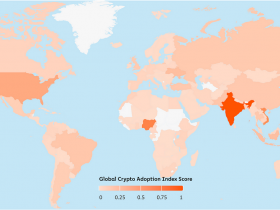SpaceX has entered a new market cellphones.. T-Mobile reported Wednesday that Elon Musk’s SpaceX launched a rocket carrying the first satellites capable of bringing mobile phone service to more rural places. The Starlink satellites will function similarly to cell towers, but in orbit; they will first provide text messaging, and then voice and data. SpaceX has teamed with T-Mobile in the United States for the “Direct to Cell” effort, and Rogers Communications in Canada. The service will also be available in Australia, Switzerland, New Zealand, Chile, Peru, and Japan.
Starlink is expected to generate $10 billion in revenue this year, with Musk apparently considering spinning it off in a separate IPO, possibly within months, according to Bloomberg.
A labor board complaint filed in the United States on Wednesday claims that SpaceX illegally fired employees who were critical of Musk. Unless the parties reach an agreement, the case will be heard by a court on March 5.
According to SpaceX, it launched 21 satellites in all, including “the first six Starlink satellites with Direct to Cell capabilities that enable mobile network operators around the world to provide seamless global access to texting, calling, and browsing.”
In addition to T-Mobile in the United States, other carriers in other countries have agreed to employ the direct-to-cell satellites. Other carriers, according to SpaceX, include Rogers in Canada, KDDI in Japan, Optus in Australia, One NZ in New Zealand, Salt in Switzerland, and Entel in Chile and Peru.
Elon Musk, CEO of SpaceX, tweeted that the satellites will “allow for mobile phone connectivity anywhere on Earth,” but he also mentioned a considerable capacity constraint. T-Mobile announced that field testing of Starlink satellites with its network will begin soon.











